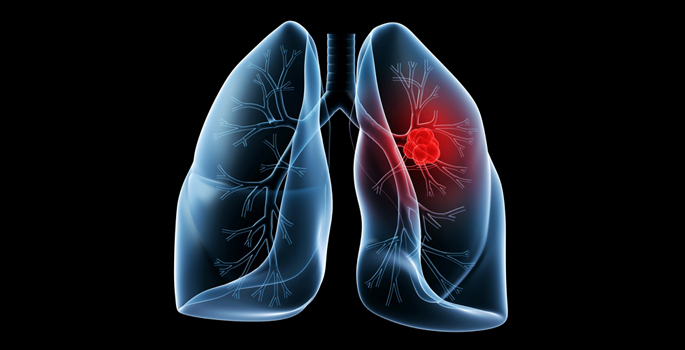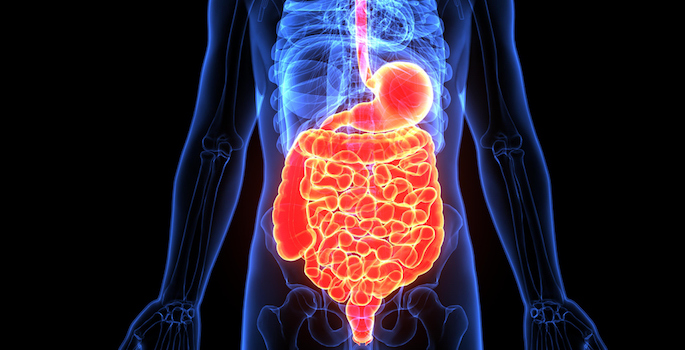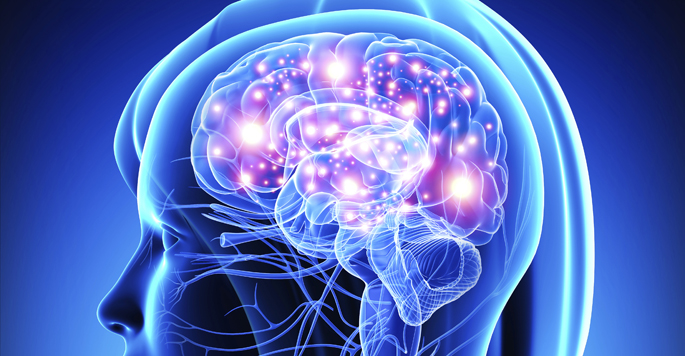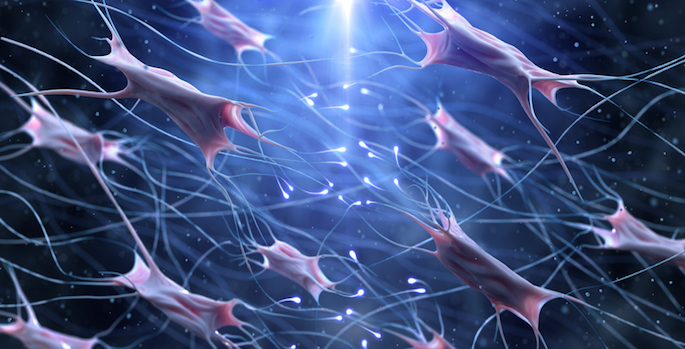NIH
-

Vitamin D activation and cancer risk
Vitamin D protection against colon cancer varies according to parathyroid hormone response, particularly among women. Read MoreJan 7, 2021
-

Building a cohort, the easy way
An automated system using keyword searches can help identify candidates for clinical trials on adverse drug reactions. Read MoreJan 7, 2021
-

Polymer protection for heart muscle
Vanderbilt researchers demonstrate that the polymer P188 has promise as a therapy to prevent reperfusion injury — the cellular damage that occurs when blood flow returns after an ischemic event like a heart attack. Read MoreDec 14, 2020
-

Model students: improving clinical decision-making
Vanderbilt investigators have devised a system to alert health IT teams to deteriorating performance in clinical prediction models. Read MoreDec 10, 2020
-

Exploiting viral vulnerabilities
The isolation of human monoclonal antibodies against dangerous viruses including EEEV, Hendra and Nipah could offer new ways to treat and prevent these infections. Read MoreDec 10, 2020
-

Study details early events of inflammatory response
Vanderbilt University Medical Center investigators have identified a key molecular player in the early events of the inflammatory response to infection. The findings suggest new therapeutic possibilities for enhancing the inflammatory response to protect against pathogens and for blocking inflammation gone awry in diseases like arthritis and atherosclerosis. Read MoreDec 10, 2020
-

Vanderbilt awarded NIH grant to continue mentoring and career training among biomedical research graduate students from underrepresented groups
The Vanderbilt School of Medicine Basic Sciences has won continued funding from the National Institutes of Health for its Initiative for Maximizing Student Diversity program supporting the success of biomedical graduate students from underrepresented backgrounds. Read MoreDec 1, 2020
-

Imaging brain’s white matter is predictive “biomarker” for Alzheimer’s disease progression
Measuring changes in functional connectivity of the brain’s white matter, which is made up of nerve fibers and their protective myelin coating, can predict Alzheimer’s disease progression, researchers in the Vanderbilt University Institute of Imaging Science have found. Previous studies have correlated variations in blood oxygenation level dependent (BOLD) signals detected by functional magnetic resonance... Read MoreNov 20, 2020
-

A cohort for type 2 diabetes studies
A study group of more than 600,000 patients with type 2 diabetes, identified from electronic medical records in the PCORnet national research network, could be valuable for assessing the safety of type 2 diabetes drugs. Read MoreNov 17, 2020
-

Imaging “biomarker” for Alzheimer’s disease progression
Changes in connectivity in the brain’s white matter may be a novel neuroimaging biomarker for assessing Alzheimer’s disease progression. Read MoreNov 16, 2020
-

New therapeutic target for lung cancer
Vanderbilt researchers have identified a new molecular partner — and potential therapeutic target — in a signaling axis that drives lung cancer. Read MoreNov 12, 2020
-

New treatment for a rare obesity
Diabetes drugs known as GLP-1 receptor agonists, such as exenatide (Byetta), are a promising and safe treatment for a rare form of obesity. Read MoreNov 3, 2020
-

VUMC begins study of second COVID-19 vaccine
Vanderbilt University Medical Center has begun recruiting up to 250 participants for a Phase 3 clinical trial testing an investigational COVID-19 vaccine candidate developed by the Janssen Pharmaceutical Companies of Johnson & Johnson. Read MoreNov 2, 2020
-

Histamine circuits in brain reward center
Histamine — commonly associated with allergies — also has a signaling role in the brain’s reward center and may offer a novel target for treating addiction. Read MoreOct 29, 2020
-

New markers of colorectal cancer risk
Vanderbilt epidemiologists identified new markers for colorectal cancer risk and characterized a previously unidentified tumor suppressor that regulates overall tumor volume in vivo. Read MoreOct 29, 2020
-

New tool to probe genetic mechanisms of disease
Vanderbilt Genetics Institute investigators have added a new method to the computational genetics toolbox. Their approach, described in the journal Nature Genetics, integrates vast genomics datasets to predict gene expression and facilitate discovery of genetic mechanisms underlying human diseases. Read MoreOct 22, 2020
-

Preserving gut mucus architecture
A new method that keeps microbes and gut cells together will be useful for studies of complex host-microbe interactions and for analysis of clinical specimens. Read MoreOct 20, 2020
-

Depression and the brain-age gap
Older depressed adults show accelerated brain aging, according to a new study from Vanderbilt researchers, who suggest that the effects of depression may speed the decline in cognitive functions in older individuals. Read MoreOct 19, 2020
-

Vanderbilt researchers make counterintuitive discoveries about immune-like characteristics of cells, chemotherapy’s impact on tissue growth
Biologists reveal that tissue perturbations by chemotherapy agents promote stem cell expansion and that fibroblast cells exhibit unexpected, immune-like behavior. Read MoreOct 15, 2020
-

Possible COVID-19 “decoy”
It might be possible to use vesicles carrying the receptor for SARS-CoV-2, the virus that causes COVID-19, to bind the virus and prevent infection. Read MoreOct 15, 2020